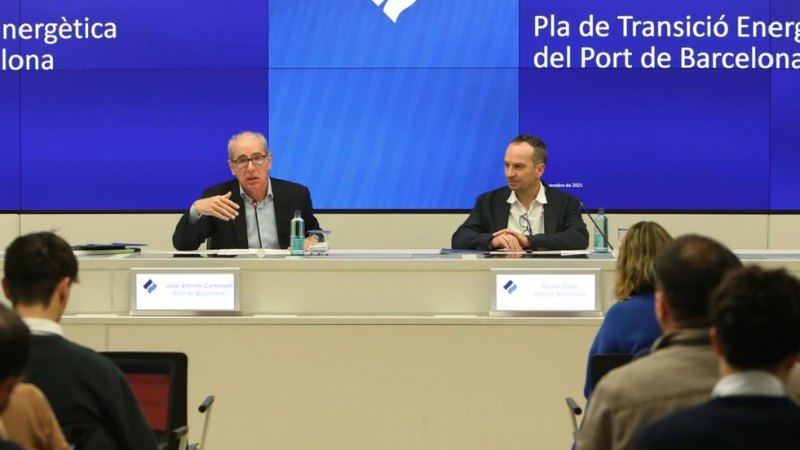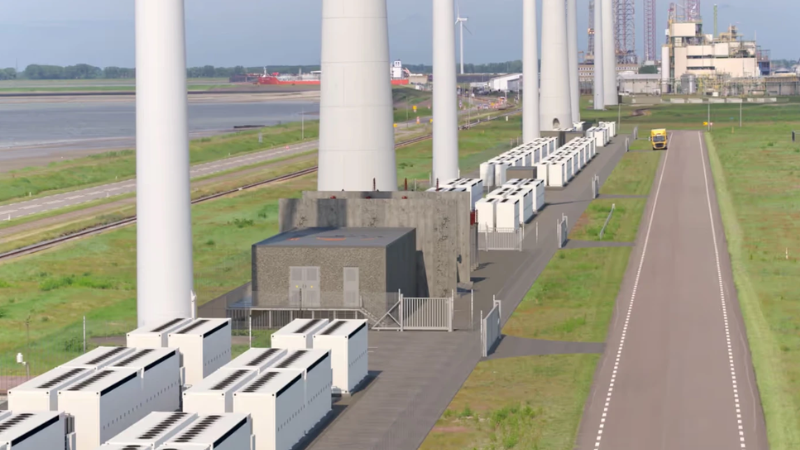Ports of Duisburg and Rotterdam strengthen green corridors partnership
- barboraarendasova
- Nov 6
- 3 min read

German Port of Duisburg and Dutch Port of Rotterdam have signed a letter of intent (LoI) to reinforce their goal of jointly developing sustainable transport corridors via waterways as well as future-oriented initiatives for the energy transition. As disclosed, a central new element of the cooperation is the export of CO2. The ports seek to create the conditions for cross-border carbon capture, utilization, and storage (CCU/CCS) activities.
Another big focus in the agreement reportedly lies in strengthening the Rhine corridor as a sustainable cross-border logistics hub. According to the ports, the Rhine corridor forms the backbone of European energy supply, enables “efficient, sustainable” access for the production sites to international markets, and secures the security of supply and the competitiveness of a vast array of companies along the entire value chain.
Port of Duisburg’s CEO Markus Bangen stated: “We face great challenges which we can overcome much more quickly, efficiently and intelligently together. It is crucial for us to bundle our expertise and develop collective cross-border solutions, especially in sustainable logistics and the sectors surrounding the energy transition. Logistics is a team sport – and the port of Rotterdam is our ideal partner.”
Boudewijn Siemons, CEO of the Port of Rotterdam Authority, commented: “13 percent of Europe’s energy demand is imported by way of Rotterdam. This is still primarily made up of fossil fuels, but our long-term aim is to become Europe’s port for importing renewable energies. Inland shipping – and thus our cooperation with duisport – is especially important in the onward transport of these energy sources.”
Minister-President of the German state of North Rhine-Westphalia (NRW) Hendrik Wüst said: “The port of Rotterdam – as Europe’s largest seaport – and Duisburg’s port – the world’s largest inland port – together make a decisive contribution to the industrial future of North Rhine-Westphalia. Both ports will become central hubs for hydrogen and CO₂ in the future, making them important partners on our path to climate-neutral industry. It is good news for North Rhine-Westphalia that both ports are taking their cooperation another step further.”
New focus: CO2 export for ‘hard to abate’ industry
A central new element of the cooperation is the export of CO2. This is crucial for ‘hard to abate’ industry, since decarbonising these sectors via CCUS (carbon capture, utilisation and storage) is not possible without strong ports and high-performance transport chains. The ports of Duisburg and Rotterdam thus create the conditions for cross-border CCU/CCS activities, that is, the targeted capture, storage and utilization of carbon dioxide. Another big focus in the agreement between the two ports lies in strengthening the Rhine corridor as a sustainable cross-border logistics hub. The Rhine corridor forms the backbone of European energy supply and enables efficient, sustainable access for the production sites to international markets. As the most important waterway in Europe, it secures the security of supply and the competitiveness of a vast array of companies along the entire value chain.
The two ports already signed a letter of intent in 2022 on cooperation in the fields of rail and inland land development, digitalisation and the energy transition. Examples of past successes include the partnership with the Brazilian port in Pecém for transporting green energy to Europe, the advancements made in the cooperation of digital port community systems RheinPorts and Portbase and the pilot of the first low carbon ammonia transport when the Dutch king visited in November 2023.
Image source: portofrotterdam.com


